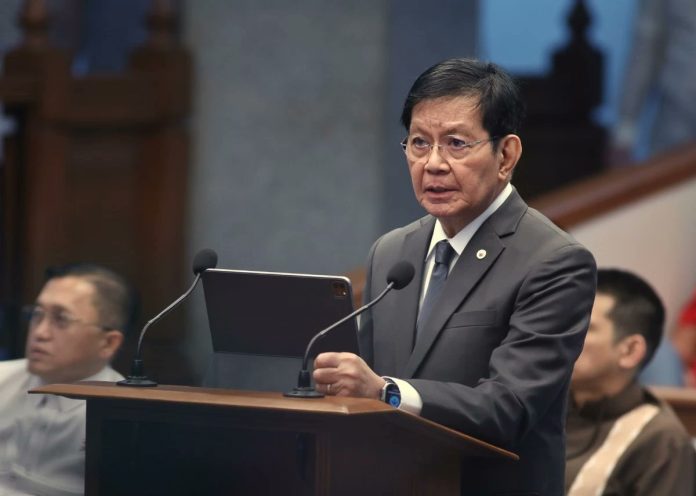
Recent revelations by Senate President Pro Tempore Panfilo Lacson have uncovered a sophisticated money-laundering scheme involving former government engineers from Bulacan. Between 2023 and 2025, this “Bulacan Group of Contractors” reportedly funneled nearly PHP 950 million (around US $17.4 million) through 13 casinos in Metro Manila, Cebu, and Pampanga. The group allegedly exchanged cash for chips, placed minimal bets, and then converted the chips back into cash—declared as gambling winnings—to conceal their illicit proceeds.
Lacson’s speech emphasized the red-flag nature of the transactions, which were traced and validated through documents obtained from the Philippine Amusement and Gaming Corporation (PAGCOR). The senators have forwarded the individuals’ names and aliases to the Anti-Money Laundering Council (AMLC), seeking asset freezes as prosecutors weigh potential money-laundering and graft charges.
This scandal emerges against a backdrop of heightened concern over the Philippines’ exposure to money laundering through online gambling. As the Bangko Sentral ng Pilipinas has warned, unregulated platforms—especially those connected to offshore gaming—remain a major money-laundering risk, potentially placing the country back on global watch lists. While the controversial Philippine Offshore Gaming Operators (POGOs) have since been rebranded as Internet Gaming Licensees and banned in 2024, enforcement gaps continue to pose challenges.
This case is a stark reminder of how public funds—intended for essential infrastructure like flood control—can be siphoned through the casino system via clever schemes. It underscores the critical role of agencies like PAGCOR and the AMLC in regulatory oversight. Enhanced surveillance, transparent reporting, and legal accountability are essential to safeguarding the integrity of both public service and the gaming sector.

 Content Writer: Janice Chew • Wednesday, 25/09/2025 - 22:42:30 - PM
Content Writer: Janice Chew • Wednesday, 25/09/2025 - 22:42:30 - PM